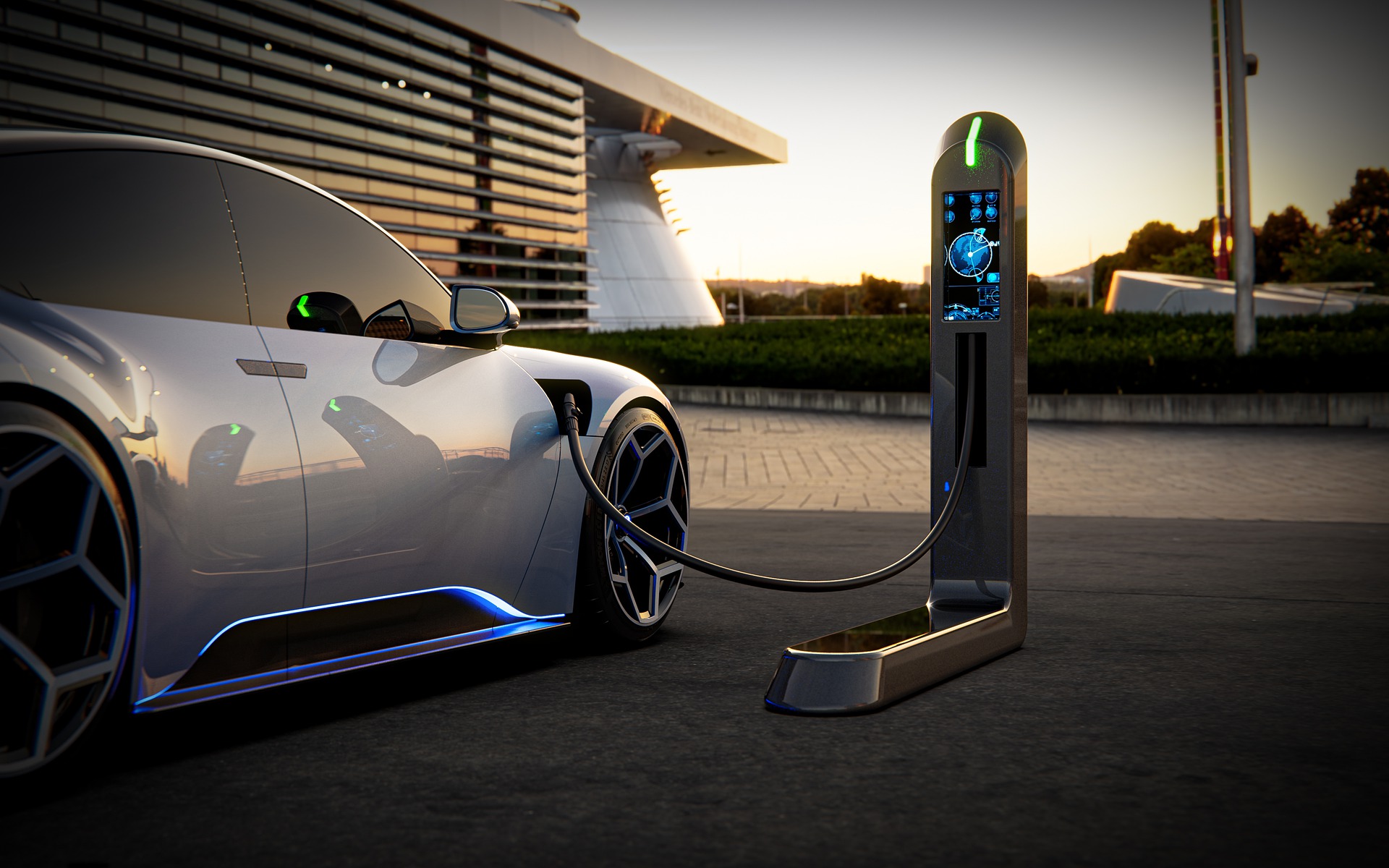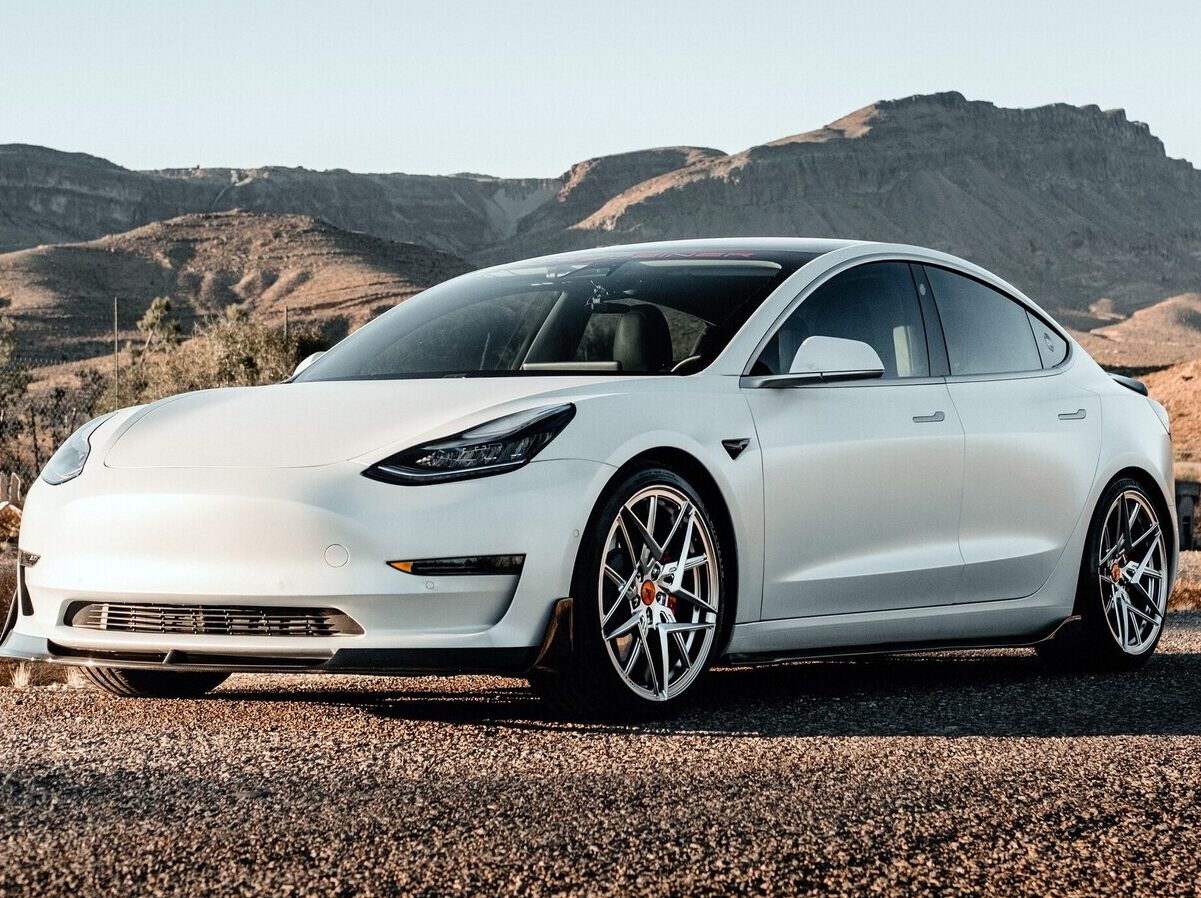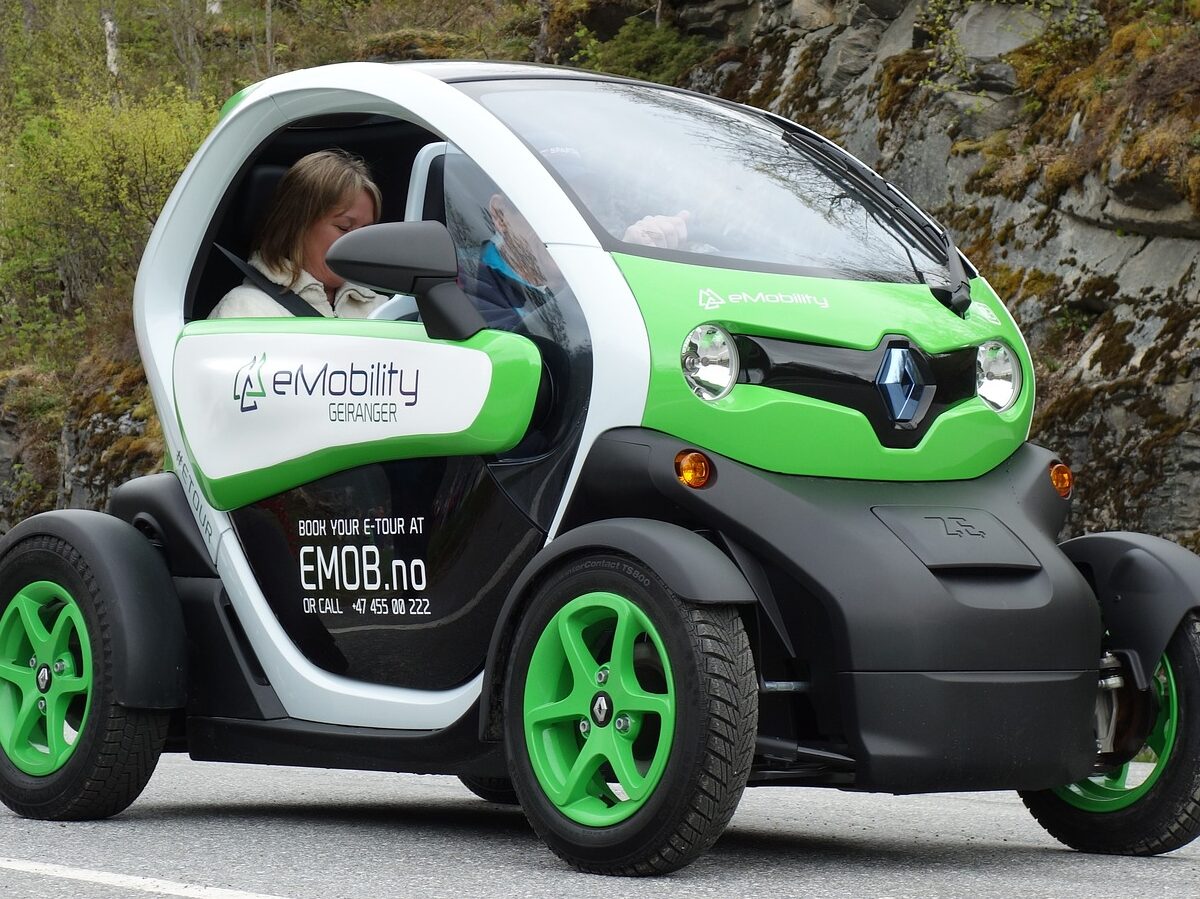3 Perceptive Benefits of Electric Cars
In an epoch characterized by escalating environmental awareness and relentless technological advancement, the benefits of electric cars emerge as a transformative alternative in transportation, heralding a verdant horizon for the highways ahead. With a multitude of incentives and tax credits smoothing the trajectory, coupled with the convenience of home charging and diminished operational expenses, electric vehicles (EVs) present a promising shift towards a more sustainable and efficient future in personal transportation.
Incentives and Tax Credits
Governments worldwide are taking proactive measures, extending an array of incentives, rebates, and tax credits to stimulate the benefits of electric cars. These fiscal encouragements serve to substantially alleviate the initial financial burden associated with acquiring an EV, democratizing access and affordability across diverse socioeconomic strata. Ranging from federal tax incentives to localized rebates and waivers on road taxes, these inducements not only empower individual purchasers but also catalyze the overarching shift towards transportation alternatives.
Moreover, these governmental initiatives play a pivotal role in incentivizing manufacturers to ramp up production and innovation in the electric and hybrid vehicle sector. By fostering a favorable economic environment and spurring demand, policymakers contribute to the expansion of electric cars, infrastructure, charging networks, and technological advancements. This symbiotic relationship between regulatory incentives and private sector investment fosters a virtuous cycle of progress. As the momentum builds, the electric and hybrid vehicle market matures, and the collective efforts of governments, businesses, and consumers alike pave the way for a transformative era of transportation that prioritizes environmental stewardship and energy efficiency.
Home Charging Benefits
One of the most remarkable benefits of electric cars lies in the unmatched convenience of home charging. Equipped with either a standard electrical outlet or a designated home charging station, EV owners effortlessly replenish their vehicle’s battery overnight as they rest, negating the necessity for frequent visits to gas stations. This unparalleled level of convenience not only spares time and inconvenience but also provides heightened flexibility and independence, empowering drivers to take control of their own refueling requirements from the sanctuary of their homes.
This seamless integration of charging into daily routines fosters a sense of ease and simplicity, eliminating the inconvenience of scheduling stops at fuel stations or waiting in lines. Moreover, the ability to charge at home ensures that the vehicle is consistently fueled and ready for use. This convenience extends beyond just the act of charging; it encompasses a shift in mindset, where the vehicle becomes an integral part of the home ecosystem, seamlessly integrated into daily life. As the benefits of electric cars become more prevalent and charging infrastructure continues to expand, the notion of home charging will increasingly define the norm, offering drivers a hassle-free way to power their journeys.
Furthermore, the convenience of home charging not only simplifies the logistics of refueling but also contributes to a more cost-effective transportation model. By leveraging off-peak electricity rates and potentially integrating with renewable energy sources such as solar panels, EV owners can further reduce their energy costs and carbon footprint. This synergistic approach aligns with the broader goals of sustainability and energy efficiency, allowing individuals to make environmentally conscious choices without sacrificing convenience. As more households close to big cities embrace the benefits of electric cars and adopt home charging solutions, the collective impact on energy consumption and emissions reduction will be significant, driving us towards a cleaner future for all.

Lower Operating Cost Benefits of Electric Cars
Beyond the initial savings facilitated by incentives and tax credits, the benefits of electric cars present a compelling case for lower operating expenses compared to their gasoline-powered counterparts. Thanks to the typically lower cost of electricity per mile compared to gasoline or diesel, EV owners can realize substantial savings every time they charge up. This economic advantage is further bolstered by the inherent efficiency of electric motors, which boast fewer moving parts and consequently require less maintenance over the vehicle’s lifetime.
By circumventing the need for frequent oil changes, tune-ups, and other routine maintenance tasks associated with traditional internal combustion engines, the benefits of electric cars offer a financially attractive option for budget-conscious drivers aiming to minimize their long-term ownership costs. The reduced reliance on consumable components not only translates to direct savings but also alleviates the inconvenience and downtime associated with periodic maintenance visits.
Moreover, the stability of electricity prices (under normal circumstances) compared to the volatility of fossil fuel prices adds an additional layer of predictability and financial benefits of electric cars. This stability not only enhances budget planning but also mitigates the impact of fluctuating fuel prices on household finances.
Summary
As we navigate the road ahead, the benefits of electric cars are clear: they offer an alternative to traditional gasoline-powered vehicles, with incentives, home charging convenience, and lower operating costs driving the charge towards a cleaner, more efficient transportation system. With continued advancements in technology, infrastructure, and public policy, electric vehicles are poised to play a crucial role in shaping the future of mobility.
If you found this post insightful, make sure to explore our other articles: “8 Evident Advantages of Nuclear Power“, “Problems with Lithium Batteries in Cars: What You Need to Know“, “3 Key Benefits and Drawbacks of Wind Power Unveiled“
Learn more: Natural Resources Defense Council


